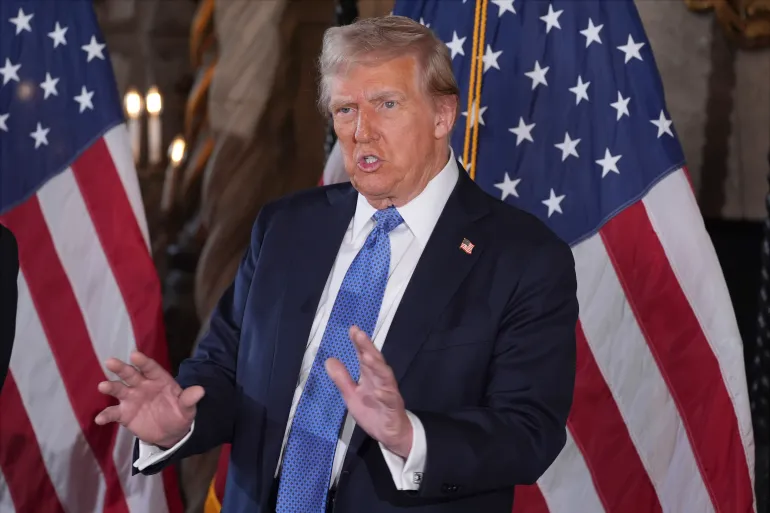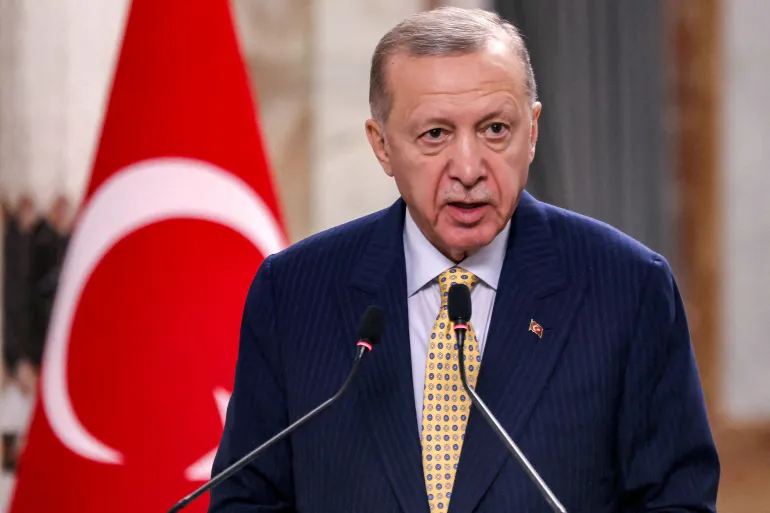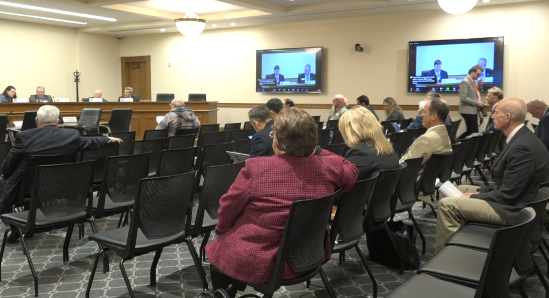In a move that has sparked concern among Wyoming Democrats, the state’s Republican legislative leadership has made significant changes to the composition of the House and Senate education committees, Wyoming News Now reports.
For the first time, Democrats have been entirely excluded from these key committees, marking a departure from the tradition of bipartisan representation.
The decision, announced as part of the legislative leadership’s committee assignments for the upcoming session, has prompted criticism from Democratic lawmakers who argue that bipartisan participation has historically provided a system of checks and balances. They warn that the absence of Democratic voices on the education committees could lead to a shift in policy direction, particularly with regard to public education.
Republican leaders defended the decision, pointing to the political makeup of Wyoming’s electorate as a key factor. Senator Charles Scott, the Education Committee Chairman from Senate District 30, stated:
“It helps to have competitive parties, but I can’t help that the national Democratic Party has gone so far to the left that the majority of the Wyoming Democrats have joined the Republican Party.”
Republican officials assert that the exclusion of Democrats reflects the will of Wyoming voters, who predominantly identify as Republican or conservative-leaning. They argue that the change will allow for more streamlined decision-making in addressing the state’s education challenges.
Democrats have voiced strong opposition to the restructuring, characterizing it as a move to sideline dissenting perspectives. Senate Minority Whip Chris Rothfuss (S.D. 9) expressed concern that the reorganization could lead to legislation favoring private educational institutions at the expense of public education.
“The absence of Democratic voices on that committee will make it much easier to pass that type of legislation, which will erode our public education and benefit private institutions,” Rothfuss stated.
He further warned that such policies could allow private educational institutions to develop in Wyoming with access to public funds, potentially diverting resources away from public schools.
Senator Scott hinted at possible significant policy changes, stating:
“I would look for major education reform this session.”
While details of potential reforms have not been disclosed, education issues such as teacher shortages, student mental health, and school funding are expected to be central to legislative debates.
The restructured education committees will be tasked with addressing the growing concerns of rural schools, which face unique challenges related to staffing and resources. With the new committee composition, some observers predict that education reforms aimed at promoting school choice or private education options may receive greater attention.
The decision to exclude Democrats from the education committees reflects a broader trend in Wyoming’s political landscape, where the Republican Party holds a supermajority in the state legislature. Critics argue that such moves reduce bipartisan collaboration, which has traditionally played a role in Wyoming’s legislative process.
Wyoming’s Republican leadership maintains that the change aligns with the ideological makeup of the state’s electorate and is aimed at ensuring effective governance. Democrats, however, caution that the shift could have lasting impacts on the state’s public education system.









